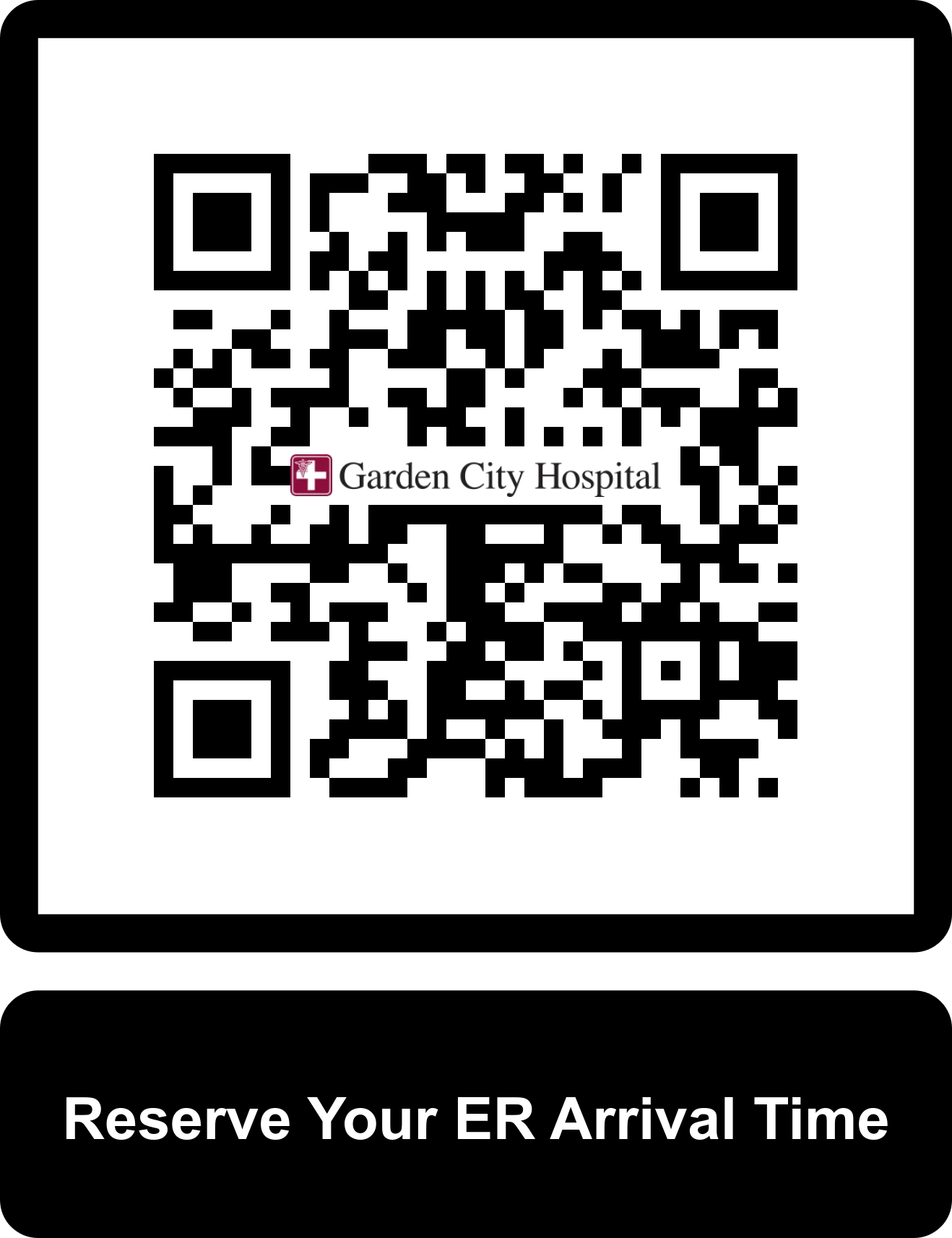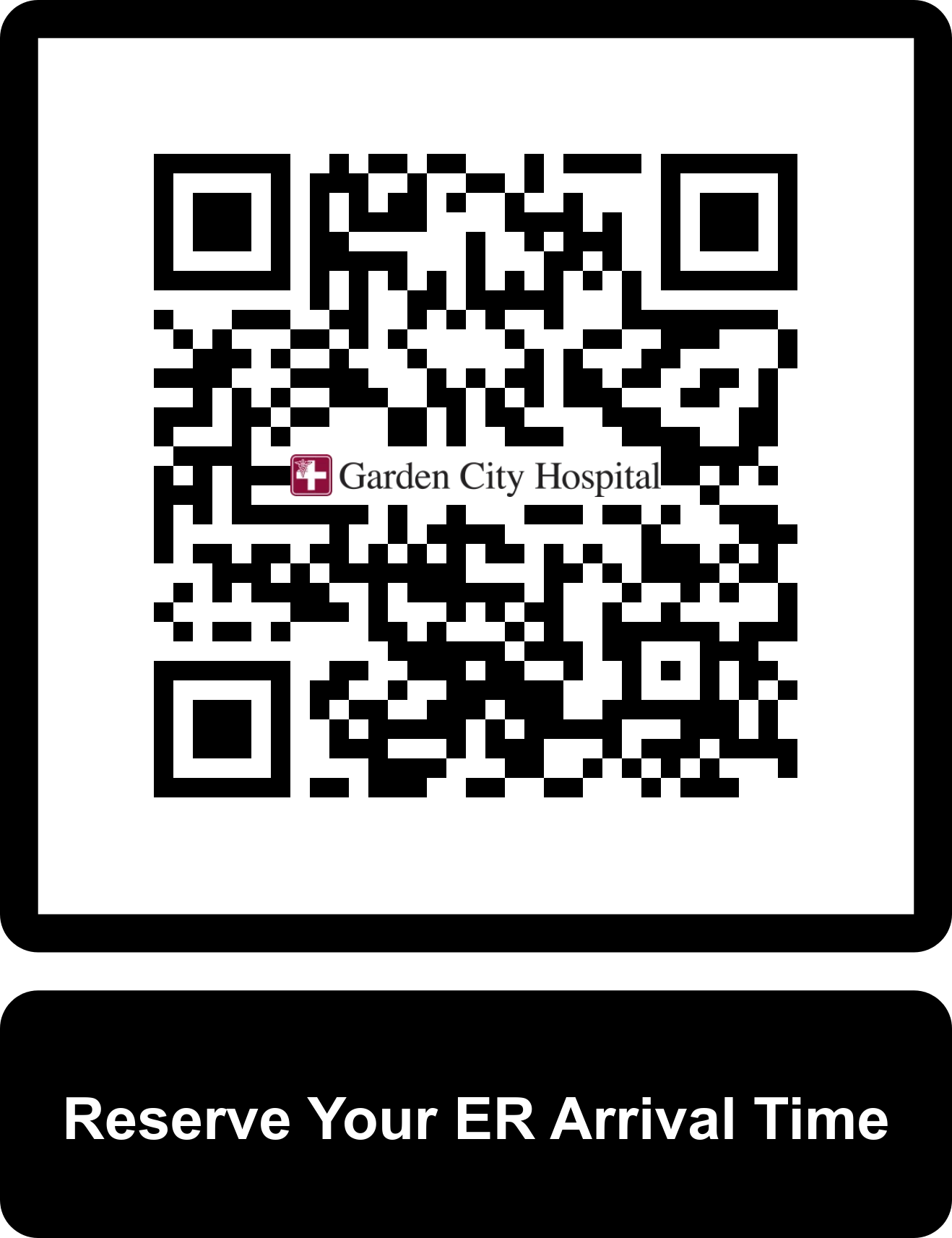Diagnostic Testing
Diagnostic Testing – Properly identifying and diagnosing your issue is the first step toward correcting it. Here are some of the non-invasive tests that Garden City Hospital cardiologists can use to study the condition of your heart:
Stress echocardiography
Stress echocardiography helps doctors detect coronary artery disease by comparing the heart at rest and during exercise or stress. It uses sound waves before, during, or immediately after physical exercises, such as treadmill exercises, to take pictures of the heart.
![AN4I0572[2] Diagnostic Testing](/wp-content/uploads/2022/08/diagnosing.jpg)
Your doctor may order one of the following stress tests:
- Exercise Stress Test: An exercise stress test helps your doctor see how your heart works during exercise. This test is also called an exercise tolerance test, an exercise electrocardiogram, or a treadmill test. For this test, you will be connected to an electrocardiogram and blood pressure cuff while you exercise to record your heart’s electrical activity.
- Drug Inducted Stress Test: This test is for patients who are not able to walk on a treadmill. Like a treadmill test, it evaluates your heart’s response to stress, but in this case, medication rather than physical exercise stresses the heart.
- Nuclear Stress Test: In addition to measuring your heart’s electrical activity during stress, a nuclear study provides pictures of your heart. This nuclear study has two parts: a scan of your heart at rest and a scan of your heart under stress. This information will help us determine if any of the coronary arteries are blocked. To take the scan, we will give you a small amount of weak radioactive isotope through an IV. On a scan, it will show which areas of your heart muscle are receiving blood.
Electrocardiogram (EKG or ECG)
Holter monitor
Holter monitors show heart impulses over time. Patients usually wear sensors connected to the chest that are attached to a small recording device for 24-48 hours, based on the recommendation from the cardiologist. Holter monitor tests are usually done after a traditional test, such as an electrocardiogram if the cardiologist needs more information about a heart condition. The cardiologist will then use this information to determine if the heart has a rhythm problem.
Tilt Table Test
If you have sudden or frequent fainting spells (syncope), your doctor may order a Tilt-Table Test. During this test, we will monitor your heart rate and blood pressure as you lie flat on a table. Then we will tilt the table upward so that you are almost in a standing position. The changes in your heart rate and blood pressure as you change position can show whether it is a heart rhythm problem that is causing you to faint.
Talk to your doctor about scheduling an appointment with one of our board-certified heart experts to see what test might be right for you. Please call 734-458-4366 to schedule an appointment.
Orthopedics

Emergency Services
Rehabilitation
Breast Care Center





